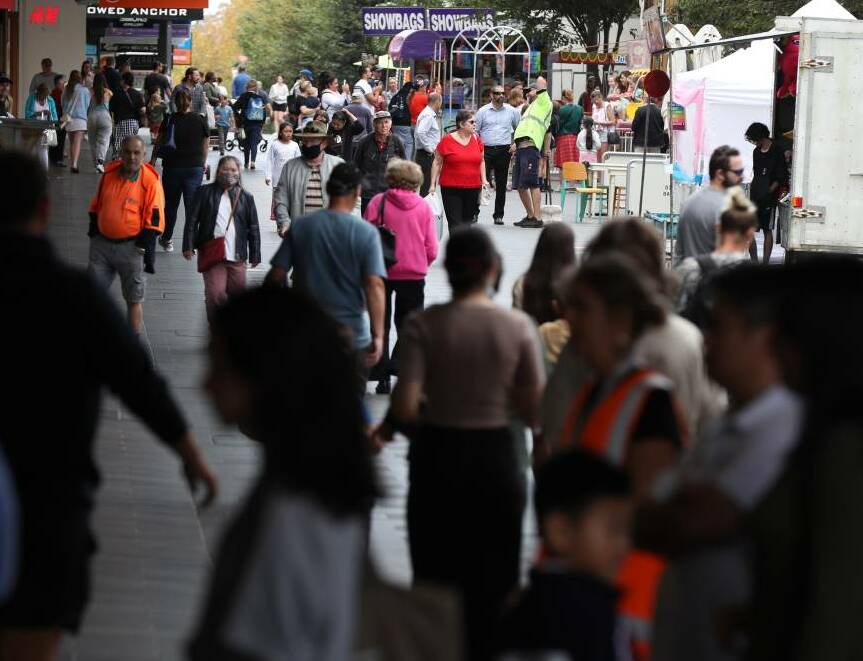
A leading virus expert has called for a rethink of Australia's COVID-19 strategy as the country prepares to go through another wave of cases during winter.
As numbers continue to climb in the latest spike of Omicron cases, chief executive of the Burnet Institute Brendan Crabb said health authorities should be looking at interventions to keep case numbers at a steady, low level.
Read more: Grandfather died 10 days after getting COVID at Kiama aged care home
"We had this model that says it doesn't really matter how much COVID is in the community, we want to protect out elderly and most vulnerable people and keep our hospitals running.
"That strategy has chosen or proven not to work very well," he told the ABC.
"We are going through a rise at the moment that should peak sometime in the next month, it looks like a very worrying high level, but they never go low."
Professor Crabb said a reset was needed to help get cases to a lower baseline level, involving more vaccines, measures for more clean air, as well as testing and isolation.
He indicated a collective mentality was needed to work together on renewing virus strategies, otherwise more large waves of cases were on the cards.
"We're getting there, we're just a long way behind the eight ball. We have this 'COVID is in the rear-view mirror' mentality," he said.
It comes as Australia recorded 39,000 more cases on Monday with a further 31 fatalities.
Nearly 5000 people nationwide are in hospital.
While case numbers are increasing, some have called for a relaxation of isolation requirements for people with the virus.
NSW Premier Dominic Perrottet called for a review of the requirements for workers who had tested positive, citing a need to balance competing health issues.
However, the comments were at odds with the stance of Prime Minister Anthony Albanese, who said a review of isolation requirements was not under way.
He said health officials would continue to examine isolation measures, but the spike in infections meant now was not the right time to change existing requirements.
Employees who test positive and are unable to work and access sick leave will be able to access the $750 isolation payment from Wednesday, following moves by the government to reinstate the payments.
They will be in effect until the end of September, with the cost shared between the Commonwealth and states and territories.
Treasurer Jim Chalmers said the government remained flexible on a possible extension to the September 30 deadline.
Australian Associated Press







